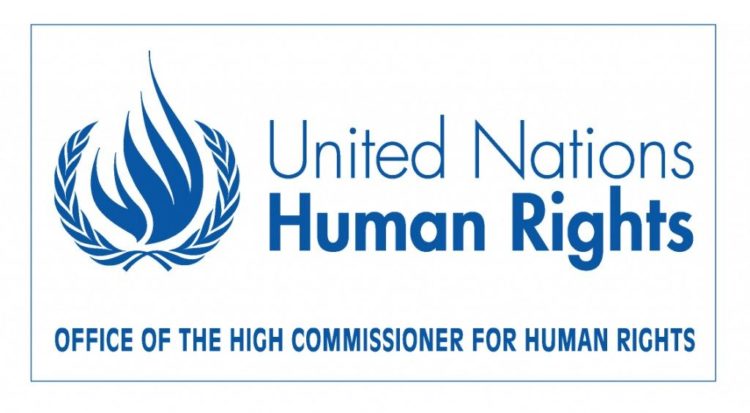OHCHR released the elements for the binding treaty draft to be discussed in Geneva
UN Office for the High Commissioner on Human Rights (OHCHR) has released this thursday a working document with the elements for the binding treaty draft to be discussed during the OEIWG on October 23-27 2017 in Geneva.
The following document has been prepared in the framework of Resolution A/HRC/RES/26/9 (Resolution 26/9), “Elaboration of an international legally binding instrument on transnational corporations and other business enterprises with respect to human rights”, which established an open-ended intergovernmental working group (OEIGWG), with the mandate to elaborate such instrument.
According to operative paragraph 3 of resolution 26/9 the Human Rights Council decided that “the Chairperson-Rapporteur of the open-ended intergovernmental working group should prepare elements for the draft legally binding instrument for substantive negotiations at the commencement of the third session of the working group on the subject, taking into consideration the discussions held at its first two sessions.”
In this regard, the aim of this proposal is to reflect the inputs provided by States and other relevant stakeholders in the framework of the referred sessions, dedicated to conducting constructive deliberations on the content, scope, nature and form of the future international instrument, as well as during the intersessional period.
This document should be considered as a basis for substantive negotiations to elaborate the instrument to regulate, in international human rights law, the activities of transnational corporations (TNCs) and other business enterprises (OBEs) during the third session of the OEIGWG, to be held from 23 to 27 October 2017.
In line with the spirit of transparency, inclusiveness and dynamism of the process, it is important to acknowledge the constructive participation of different actors in more than 200 bilateral and multilateral intersessional meetings in Geneva and in many different countries in the world, since the adoption of Resolution 26/9 on July 14, 2014.

